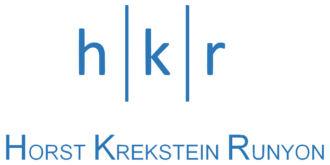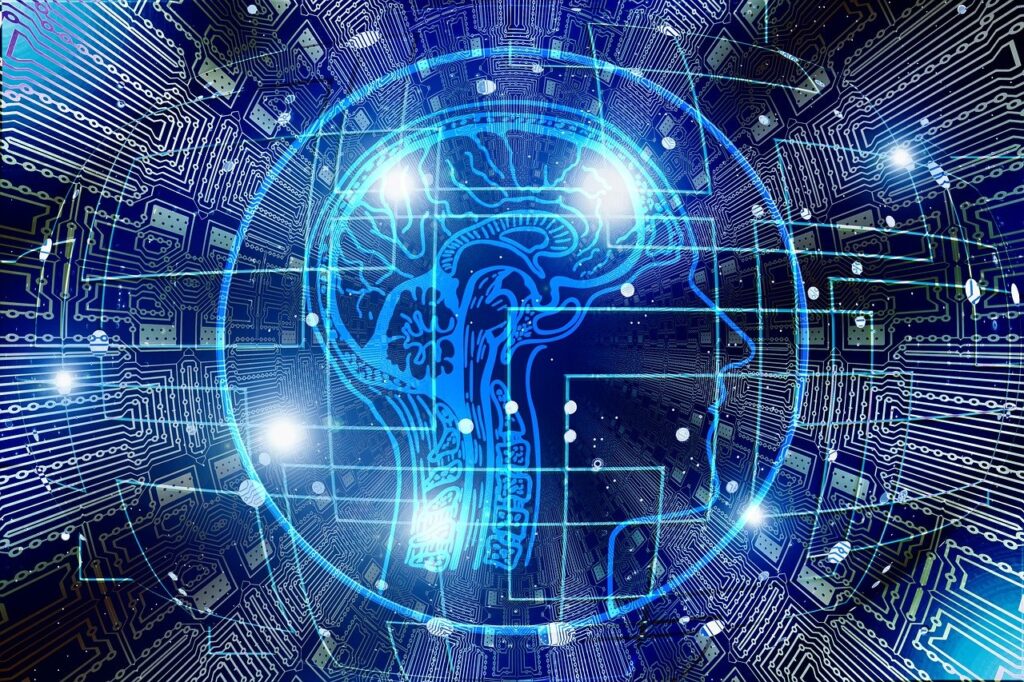The legal practice is always playing catch up with the latest technology—the most recent example of this enduring game of cat-and-mouse is ChatGPT, an artificial intelligence tool that launched in November 2022.
The use of ChatGPT in the legal industry recently came to a head, when two lawyers in the U.S. District Court for the Southern District of New York used the tool to prepare a brief, which, after being submitted to the court, was discovered to contain references to non-existent judicial opinions with fake quotes and citations. On June 22, 2022, that court issued an order sanctioning those attorneys for abandoning their responsibility to ensure the adequacy of their filings. As the Court recognized, “[t]echnological advances are commonplace and there is nothing inherently improper about using a reliable artificial intelligence tool for assistance. But existing rules impose a gatekeeping role on attorneys to ensure the accuracy of their filings.” Mata v. Avianca, Inc., Opinion and Order on Sanctions (S.D.N.Y. June 22, 2023).
The incident in the Southern District of New York is affecting other courts as well. On June 6, 2023, Judge Baylson of the U.S. District Court for the Eastern District of Pennsylvania issued a standing order, requiring that, if an artificial intelligence tool is used in the preparation of any document filed with the Court in case before Judge Baylson, the filing party must, in a clear and plain factual statement, disclose that AI has been used and certify that every citation to the law or record in the paper has been verified as accurate.
The question remains—what is the proper role of artificial intelligence in the legal practice (or in any industry for that matter)? Only time will tell.
The attorneys at HKR will continue to monitor this important issue and report on any further developments.

